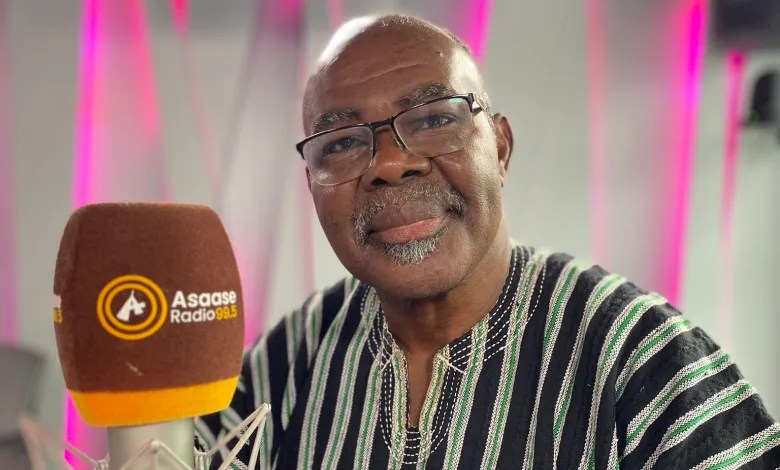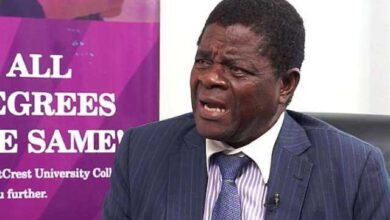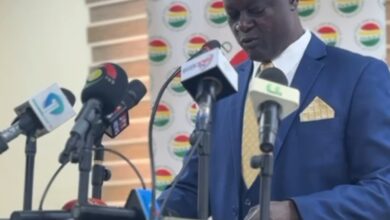Don’t be fooled by campaign promises – Ayikoi Otoo warns voters

Former Attorney General and diplomat Nii Ayikoi Otoo has questioned the credibility of former President John Mahama’s 120-day social contract, dismissing it as a campaign tactic rather than a realistic policy commitment.
Speaking on The Forum on Asaase Radio, Otoo described the widely publicised pledge as part of the theatrics that typically accompany political seasons.
“In politics, especially when it comes to campaign, you have to sell yourself to the voting population.
“There are things people say to woo the electorate to their side. The 120-day social contract and what he [Mahama] would do in his first 100 days are all part of the gimmick of politicking,” he stated.
Otoo further pointed out that even in past administrations, early appointments and implementations rarely happened as swiftly as promised.
He cited delays in the appointment of ministers and deputies as examples that contradict the feasibility of a rapid transformation within the first few months of a new administration.
“I don’t think it happened within the 14 days,” Otoo remarked. “Some names came later, even considering deputy ministers, and all that took some time.”
On the issue of energy challenges, he challenged recent claims that the notorious power crisis, known as “dumsor,” had been resolved.
“The dumsor has not gone. We still have problems with power outages,” he said, underscoring the persistent infrastructural and management issues within the power sector.
He also criticized attempts to shift certain executive powers, particularly relating to tax exemptions. “Now they say they cannot do that and instead want to take away the President’s power to approve exemptions.”
Reflecting on the broader political culture, Otoo said such grand promises are often used strategically to attract votes.
“If you are a politician and you make promises about what you intend to do, then the people might not vote for you. So most people come on board and say things,” he added.
He concluded by calling on the media to play a more proactive role in evaluating political promises. “And the media—which is the fourth estate—should be holding them to account on whether or not those promises are achievable.”





